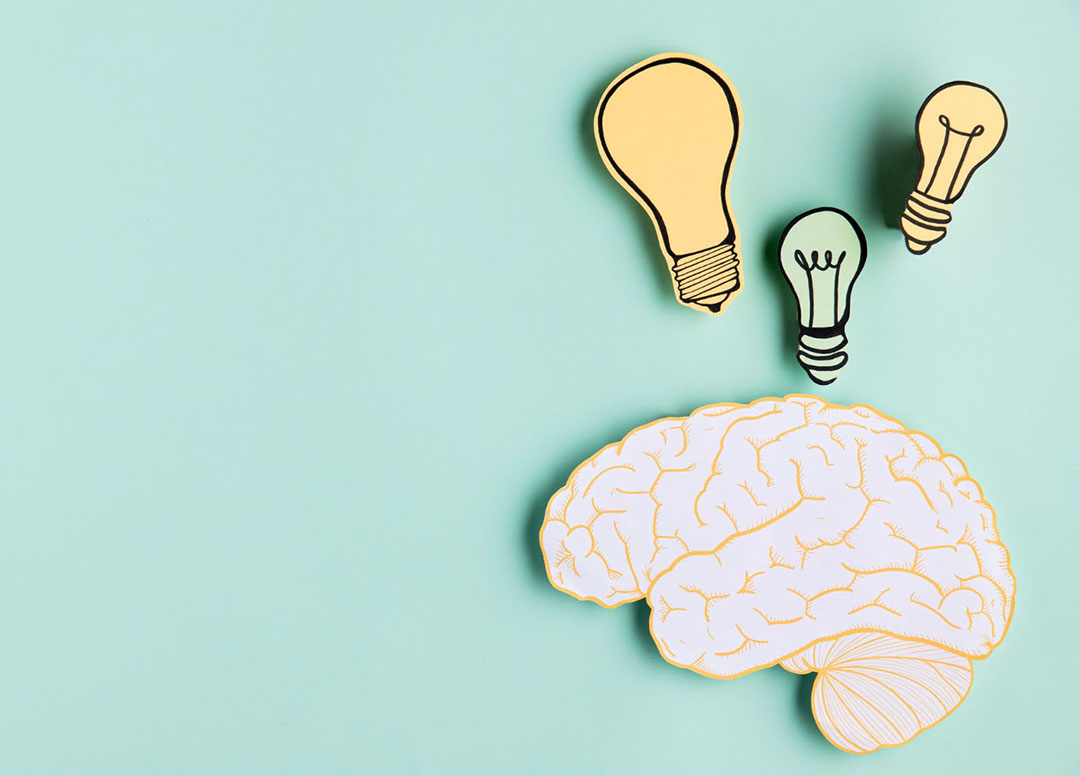
“For the poet is a light and winged and holy thing, and there is no invention in him until he has been inspired and is out of his senses and the mind is no longer in him; […] ” (Plato, ‘Ion’)
The above excerpt can be summed up as the saying that people should inevitably be sensitive to insanity. Why are artists themselves accountable for establishing and confirming the connection between their madness and creativity? Over the course of history, humans have associated creativity and madness. There’s something about the ability to observe the world in a unique way that we attribute to artists and those who have lost a connection with the real world.
When we talk about creativity, we can conclude that, according to psychology, creativity is a mental and social process comprising the generation of new ideas or concepts, or new associations of the creative mind between already existing ideas or notions. And an alternative belief of creativeness is that it is simply the act of bringing about something different.
Humans who perceive the world with a new perspective, have insightful opinions and make significant individual discoveries. These individuals make creative discoveries that are confined to only them and their minds. Humans formulate great creative accomplishments that become known to the entire world. Inventors and artists such as Picasso and Thomas Edison would fall into this category. Their creativity was well recognised and appreciated.
According to a study, many researchers have found that a higher percentage of people with bipolar disorder are found in creative professions than in the general population and writers are more likely to attain a diagnosis for psychiatric disorders than other professionals.
Researchers also speculate that schizophrenia and bipolar disorder are also the same variants that predict creativity, something we think of as good, as it indicates that people with these mental disorders can come up with unique solutions to problems that other normal people wouldn’t ever think of. And this seems quite interesting.
The researchers decided to pursue this interest of questioning about creativity and disorders because their prior research has shown that healthy people who carry genetic markers for schizophrenia show cognitive differences from other “normal” people and the same sorts of cognitive differences that may explain why schizophrenia patients are better than normal people at logical deduction tasks that conflict with “practical reasoning.”
Bipolar has been particularly associated with creativity. One study which screened 700,000 Swedish teens for intelligence, found that those who were exceptionally creative were also four times more likely to have bipolar disorder. This may seem strange but this condition is typified by the sufferer’s mood alternating between levels of mania or extreme joy, and immobilizing depression. Researchers also found a strong correlation between writers and schizophrenia. Dear writers, you can cheer up if you’ve schizophrenia in their study.
A study of 2013, published in the Journal of Psychiatric Research, observed that people who earn their bread and butter through either a scientific or creative occupation were more likely to have bipolar disorder, or a condition related to mental imbalance. Researchers here concluded that “being an author was specifically associated with increased likelihood of schizophrenia, bipolar disorder, unipolar depression, anxiety disorders, substance abuse, and suicide.” The writers just can’t keep now after reading this.
Clinical psychologist Kay Redfield Jamison of Johns Hopkins University in an interview with Live Science agreed that those who have bipolar disorder and are coming out of a depressive situation, often see an increase in creativity. When this happens, the frontal lobe of the brain shows a lot of activity, similar to what takes place when someone is contemplating a creative pursuit.
An additional reason might be the sheer quantity of ideas that flood the mind of someone with bipolar in a manic state. A larger number of ideas increases the chance of having a unique one.
A few researchers have wondered if there’s a genetic connection. A study of 2015 published in the journal Nature Neuroscience, suggests that there is a connection. This project involved the data of some 86,000 Icelanders and 35,000 Swedes and Danes. A committee of international researchers administered the study, led by Kari Stefansson, founder and CEO of deCODE, an Icelandic genetics company.
In an interview with The Guardian Rothenberg said, “The problem is that the criteria for being creative are never anything very creative. Belonging to an artistic society, or working in art or literature, does not prove a person is creative. But the fact is that many people who have a mental illness do try to work in employment that have to do with art and literature, not because they are good at it, but because they’re attracted to it. And that can skew the data. Almost all mental hospitals use art therapy, and so when patients come out, many are attracted to artistic positions and artistic pursuits.”
Though several studies point to a relation, it isn’t definitive. I think that more research will be needed, especially to prove whether or not there are genetic reinforcements.
The conclusion lies in the fact that the human brain is the whirlpool of amazing connections and consequences.